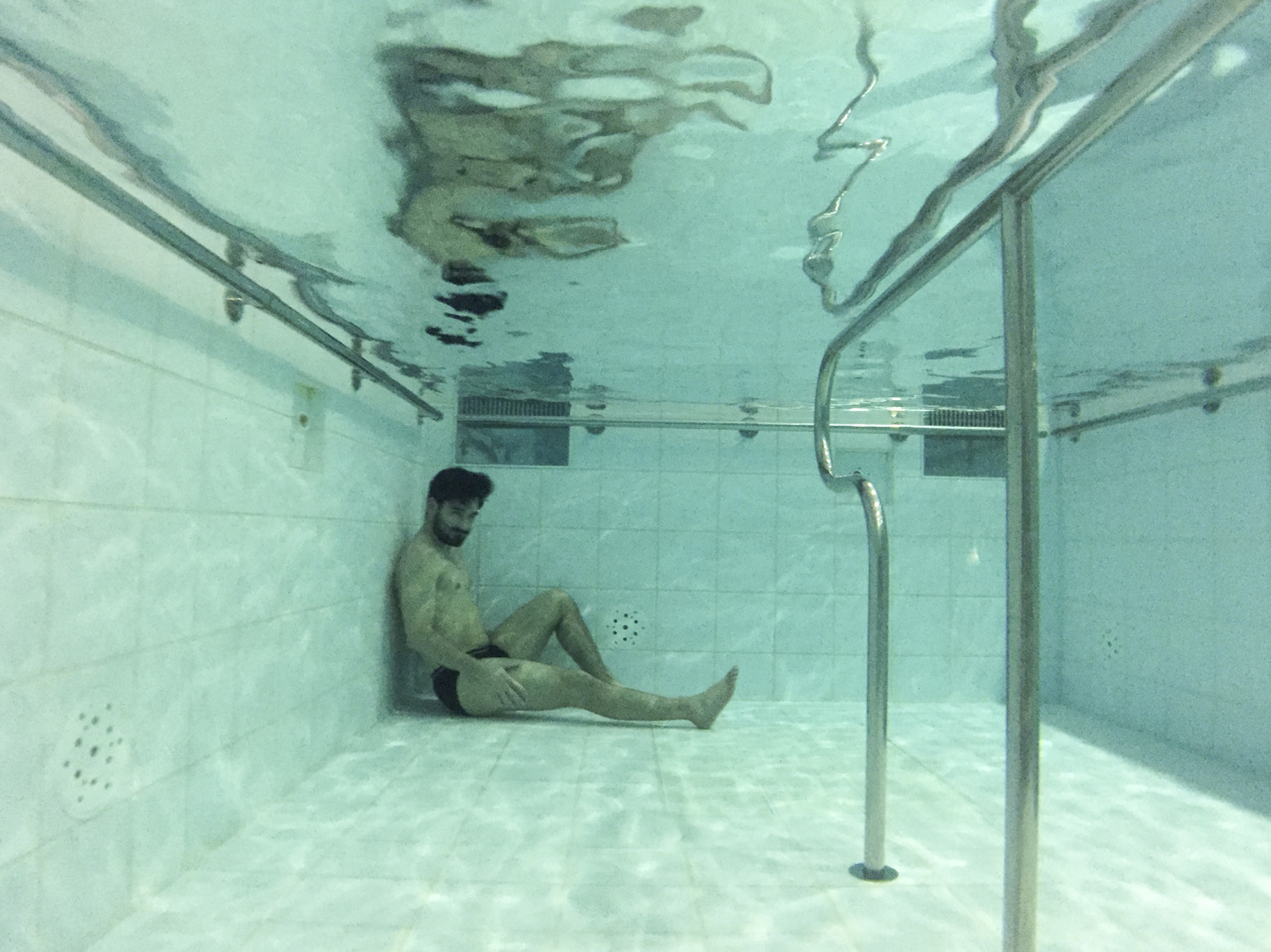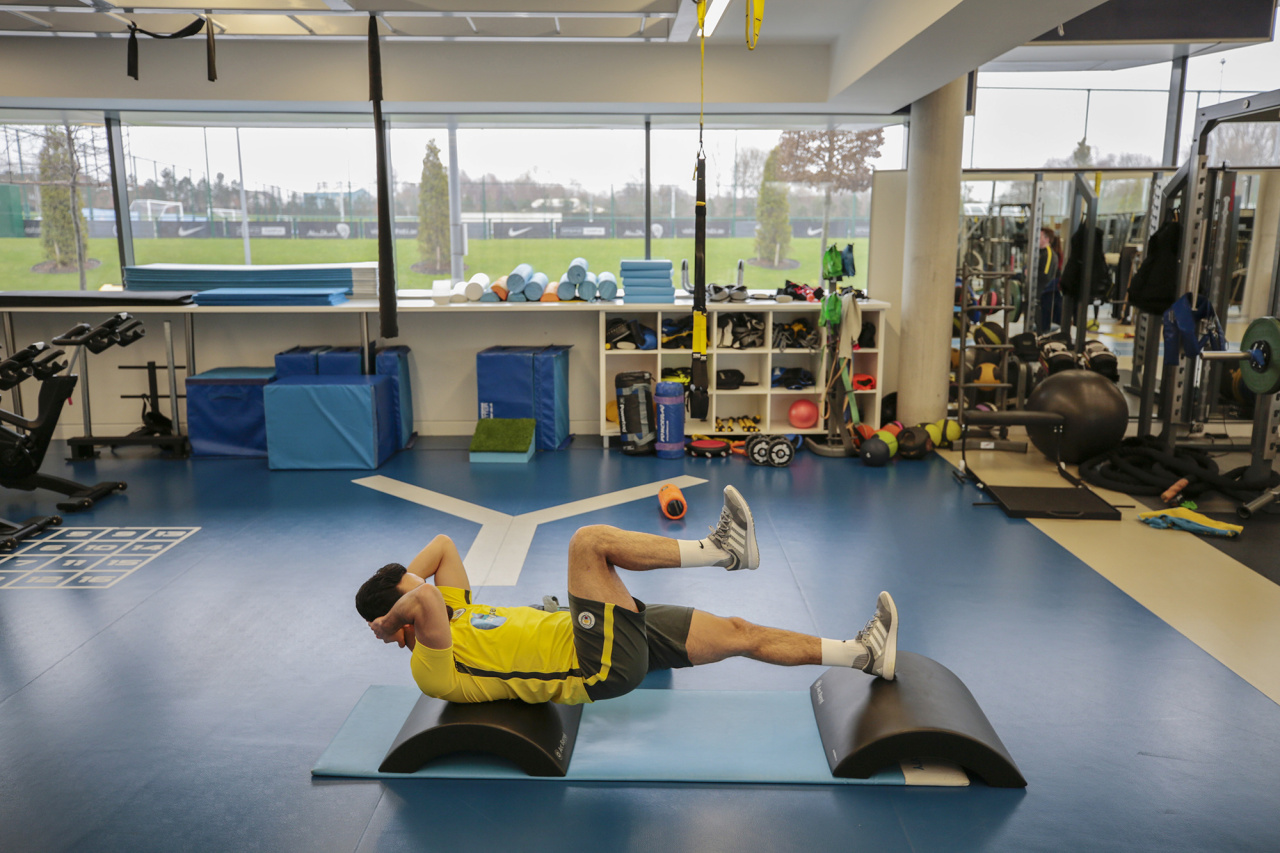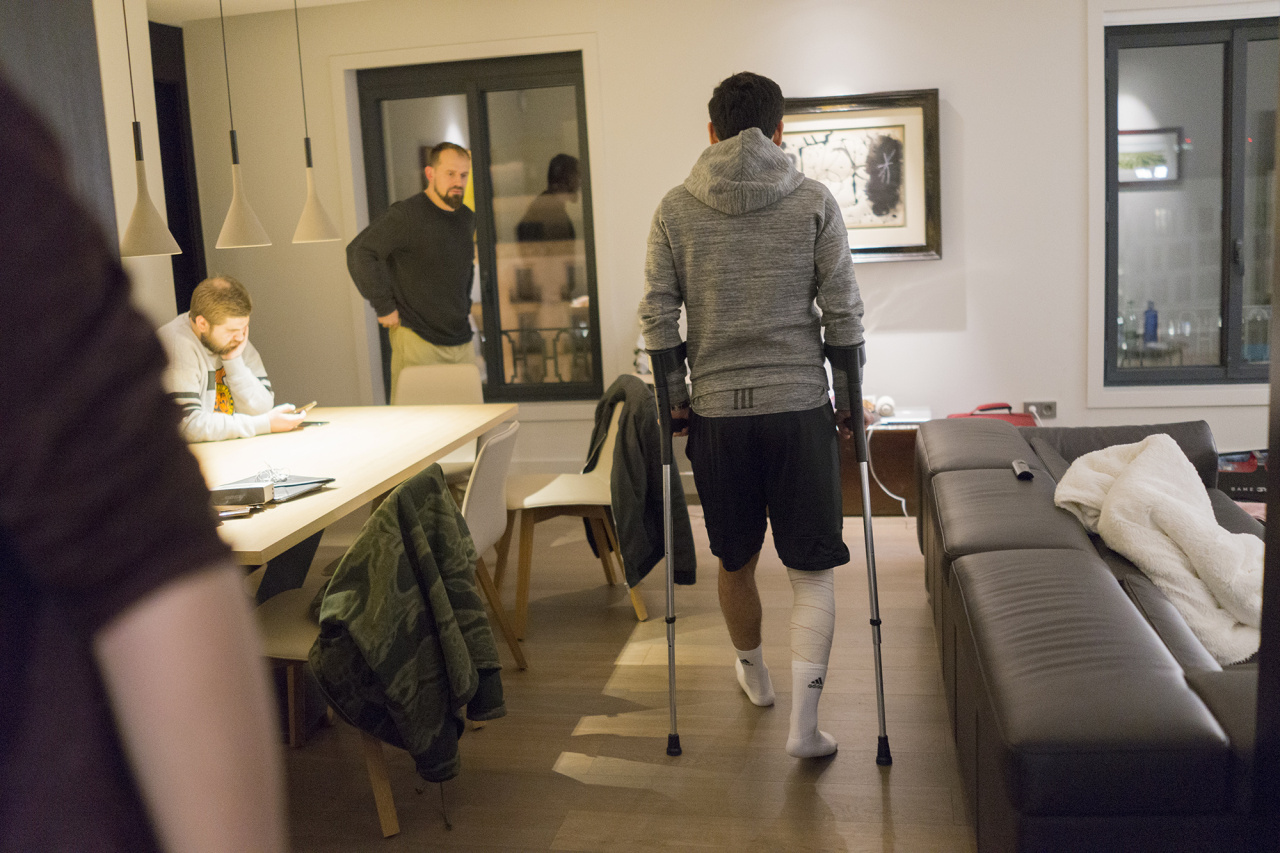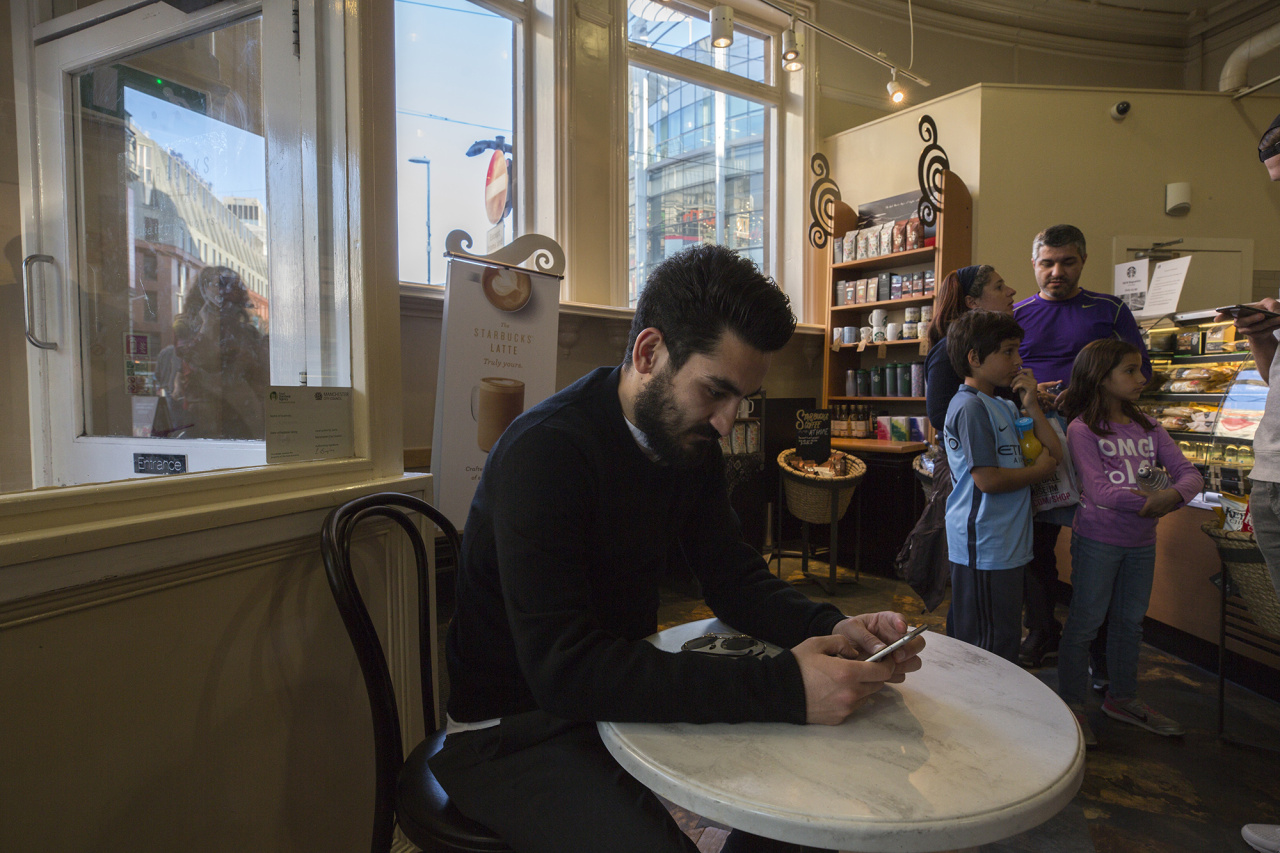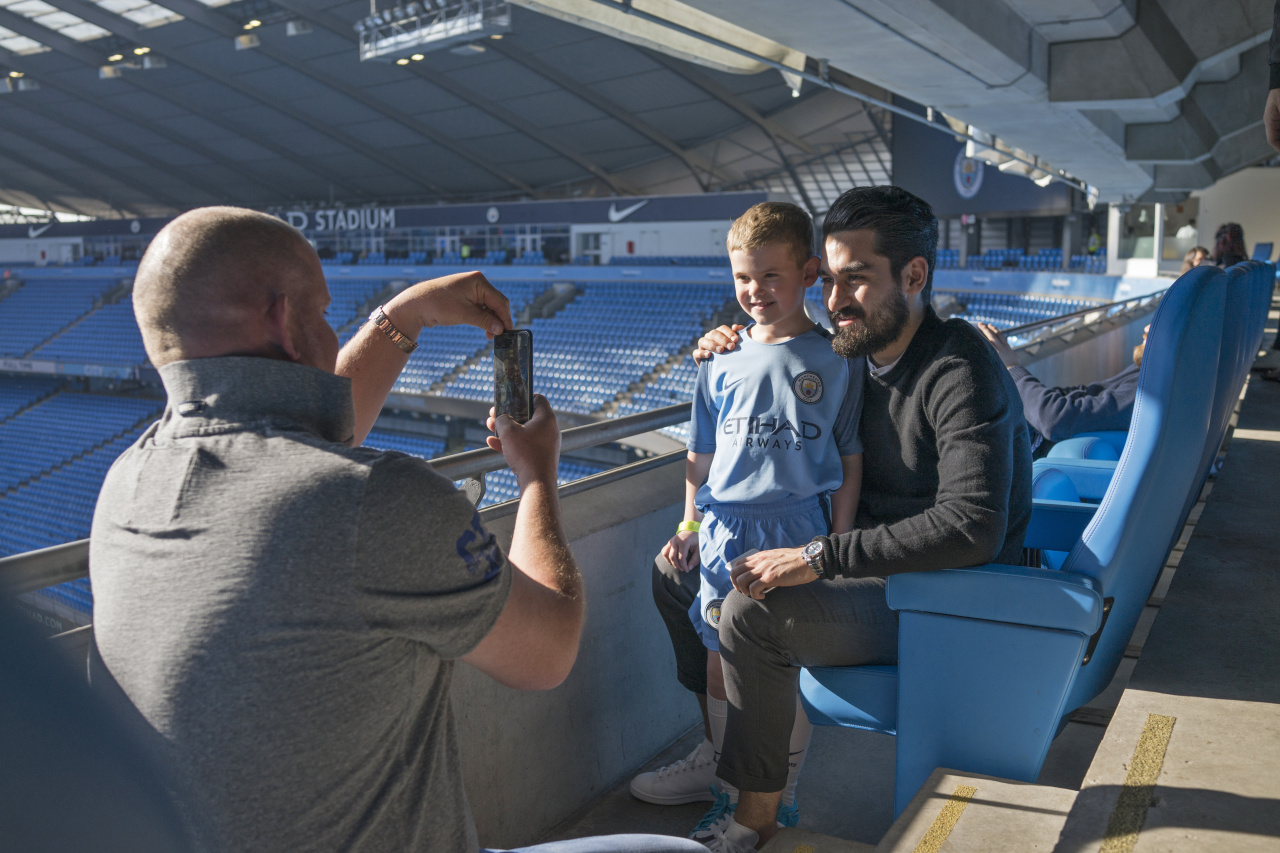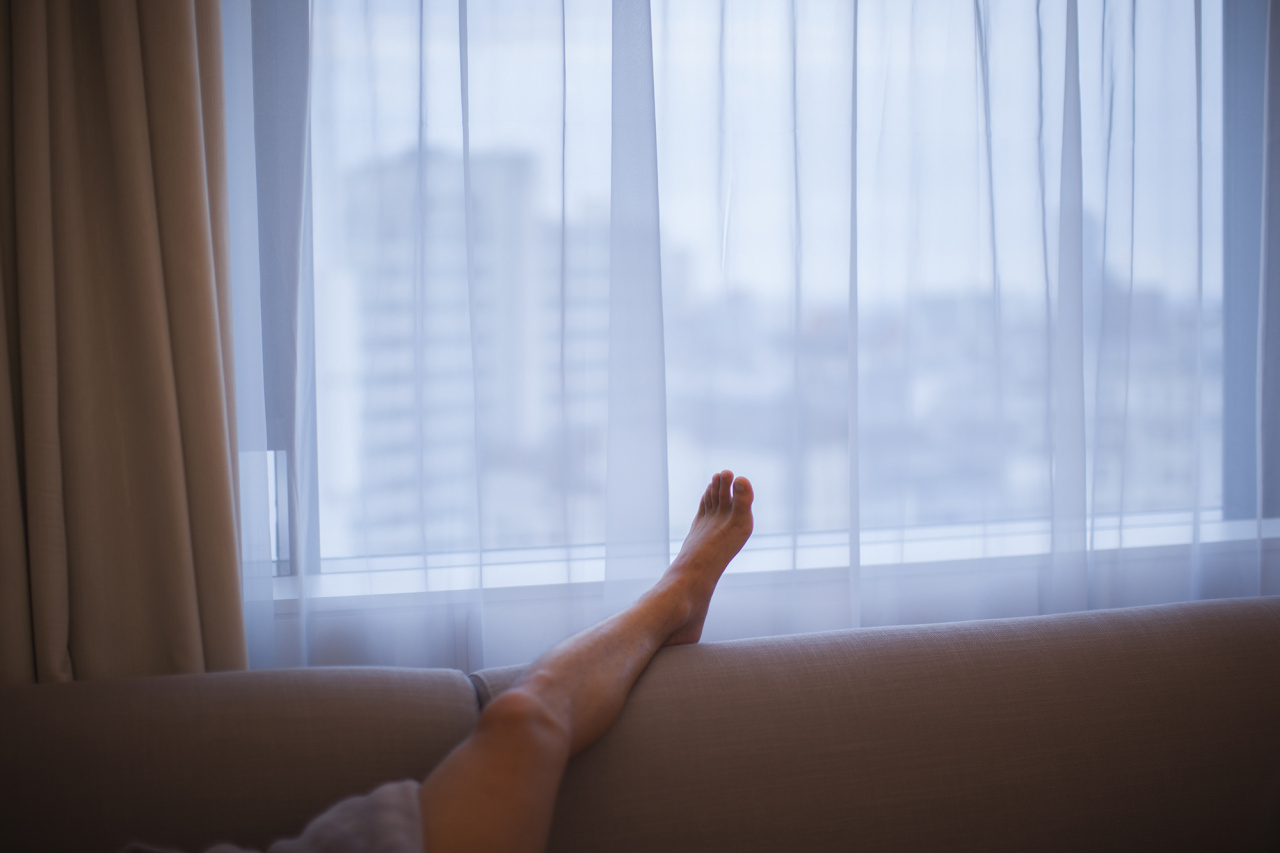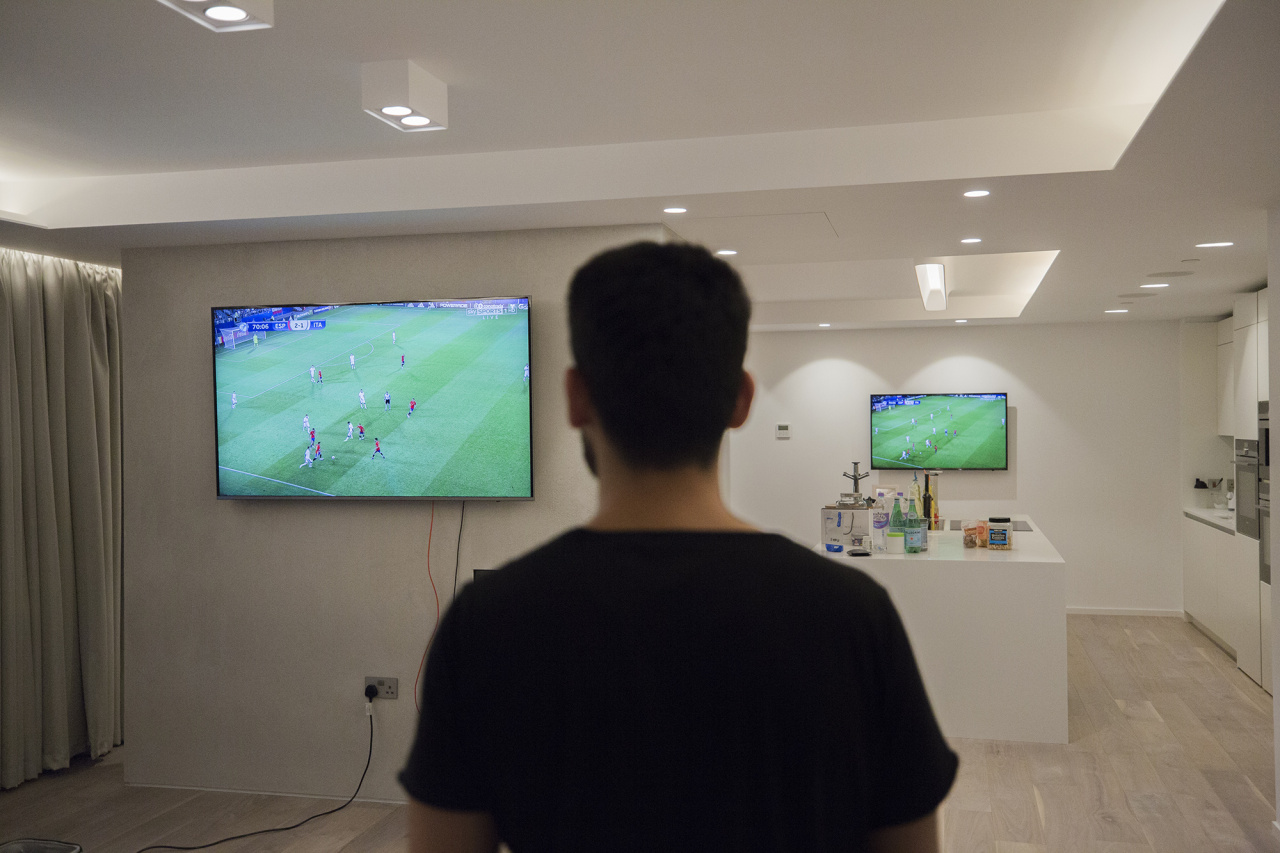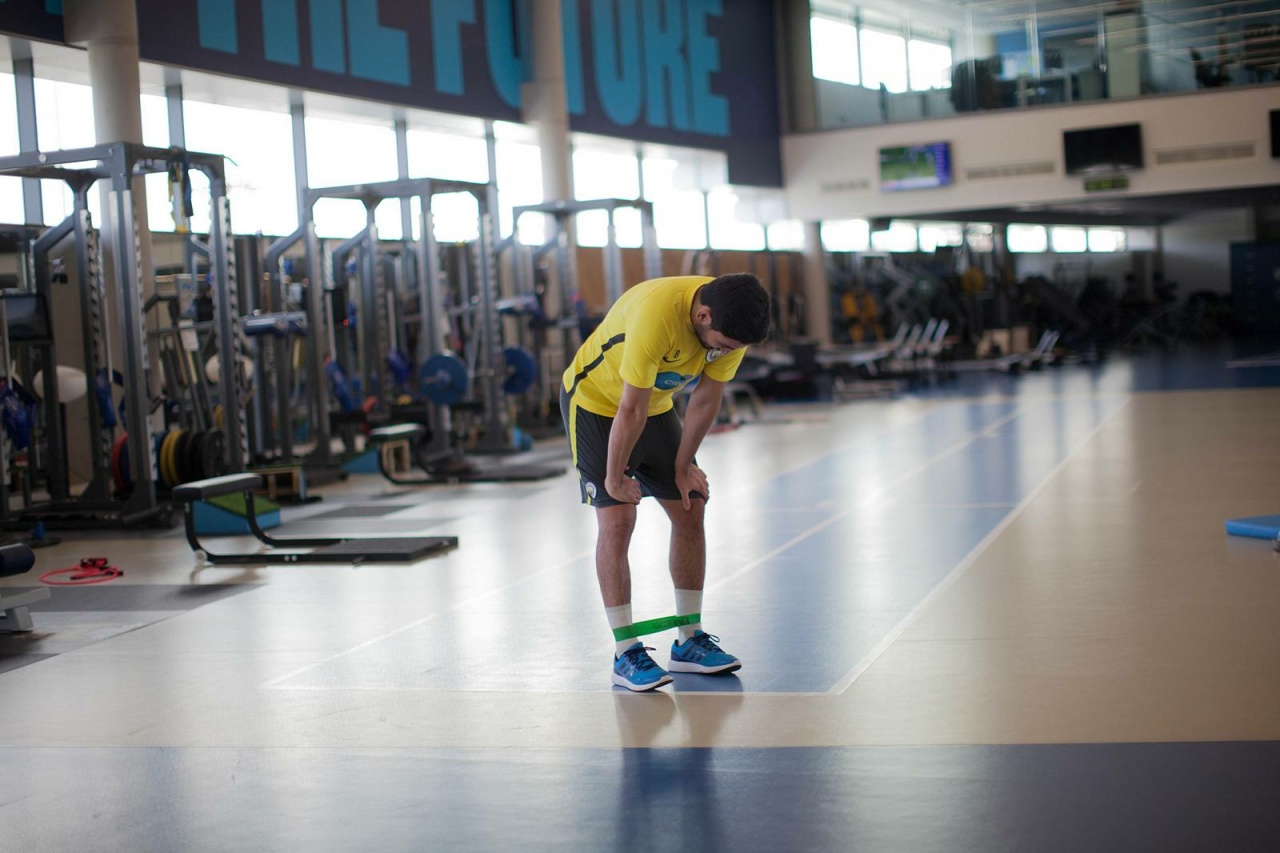Stories start life as brittle ideas dependent on time and access. Back in January, we had an idea and an invitation to meet German footballer İlkay Gündoğan in Barcelona. Writer Rory Smith and I flew out to see if this fragile idea could become something more tangible. That evening I made some shots in the apartment, but mostly it was a chance to meet and see what was possible. The story began to have structure.
Back home in the UK, it grew as we met İlkay in the gym, İlkay by the pool, İlkay in the pool, İlkay at his home, İlkay around Manchester and İlkay on a match day. He let us see the details of daily life so often lacking from Instagram accounts. I said we wanted to see everyday İlkay. I noted he started posting more everyday shots, and they got more likes. Most of the time he didn’t understand my accent, but he got that.
As things progressed I had a nagging doubt that my photos were too repetitive. Then it dawned on me that they were repetitive, but that was the point. The journey to recovery is solitary and repetitive. We were interested in this internal battle, which is far harder to capture than a man on a treadmill.
İlkay’s private life was more vibrant with his close friends (‘the seven’) and their families who came to matches or overseas trips together. He let us see a little of that. The day we attended the match in the Etihad stadium, he was a bloke watching football with his mates, of whom, it should be noted, the friend’s mum was the most passionate spectator in the box. They shared jokes in the way childhood mates do.
When the game began, İlkay was once again the athlete in recovery, looking away from the game to his phone or some other distraction. He was surrounded by thousands, but he was once more alone in the crowd locked in a very personal battle.
For a full account, see The Lonely Road Back from a Very Public Injury, The New York Times.
